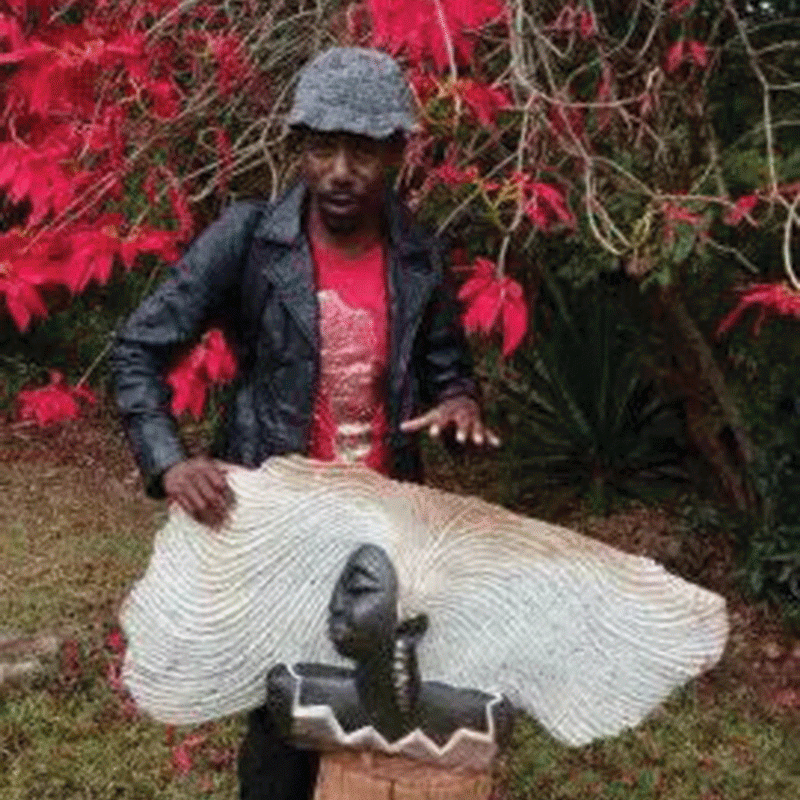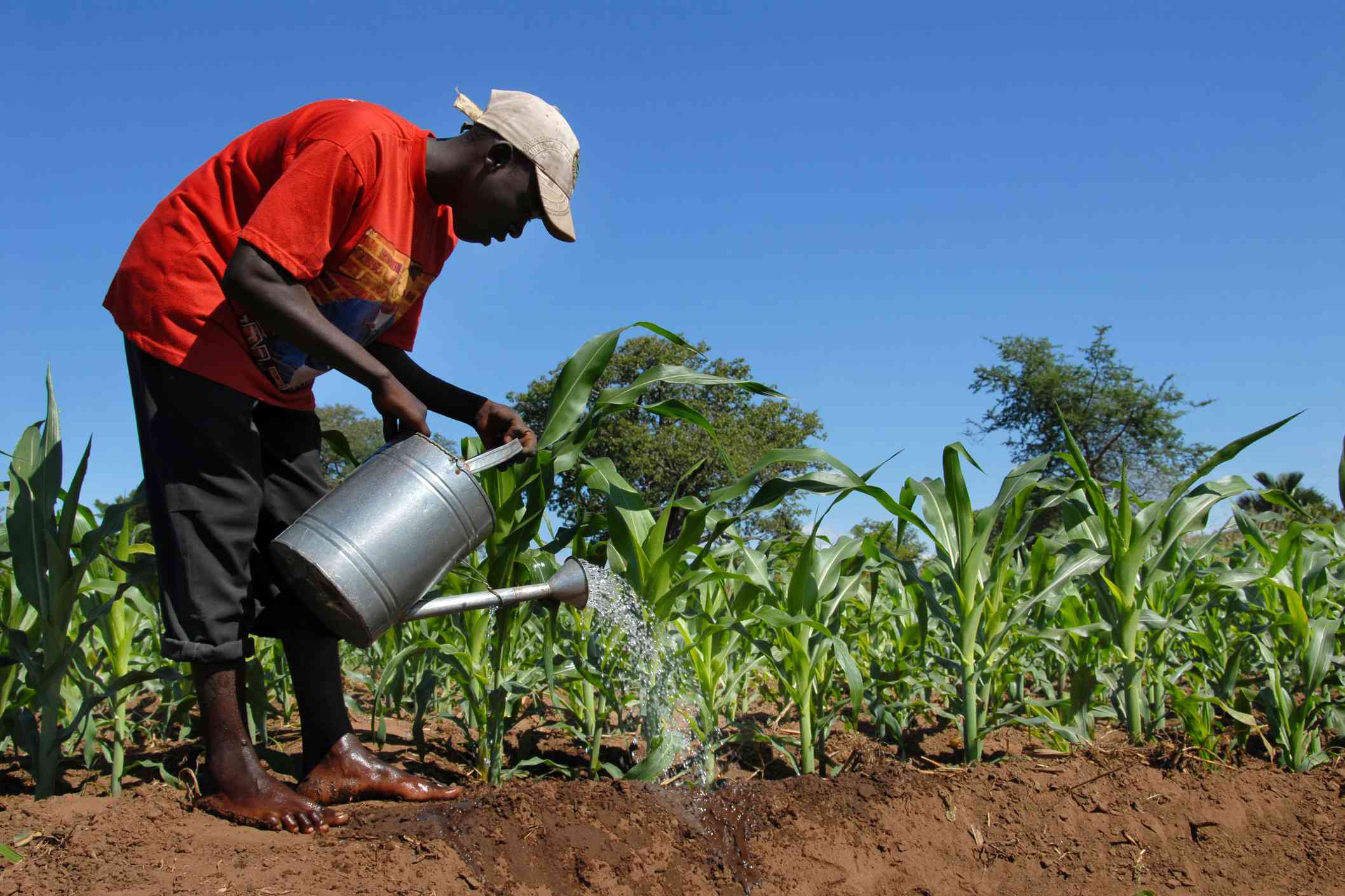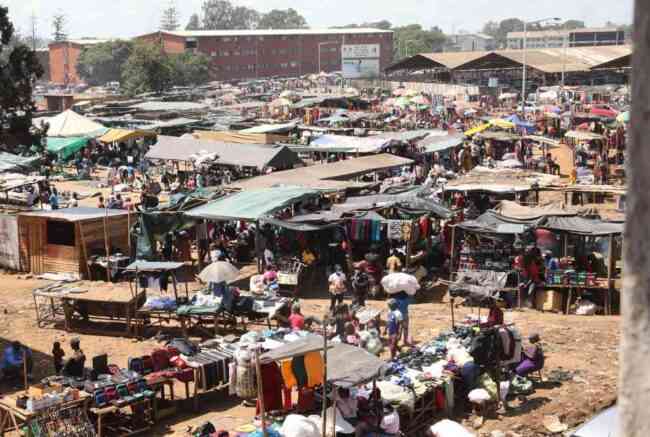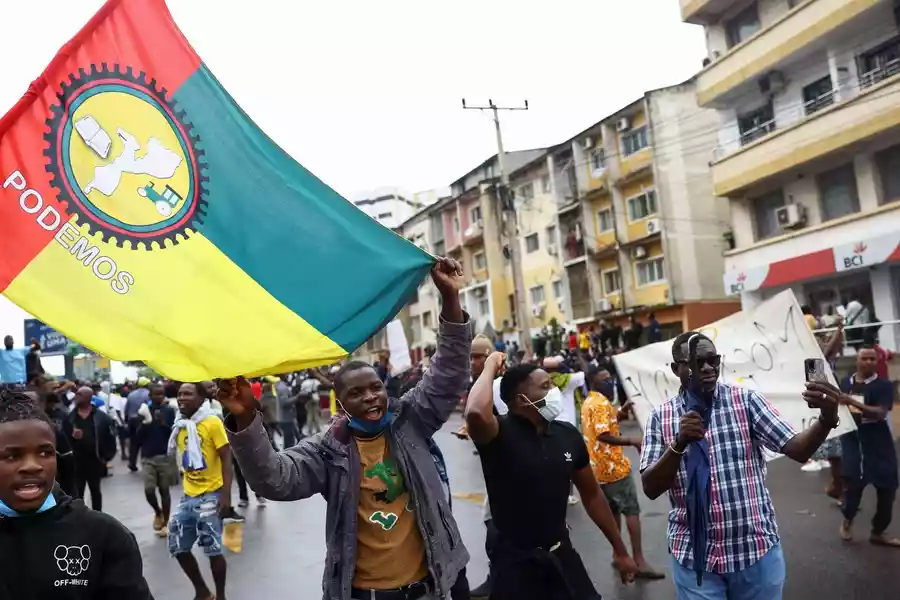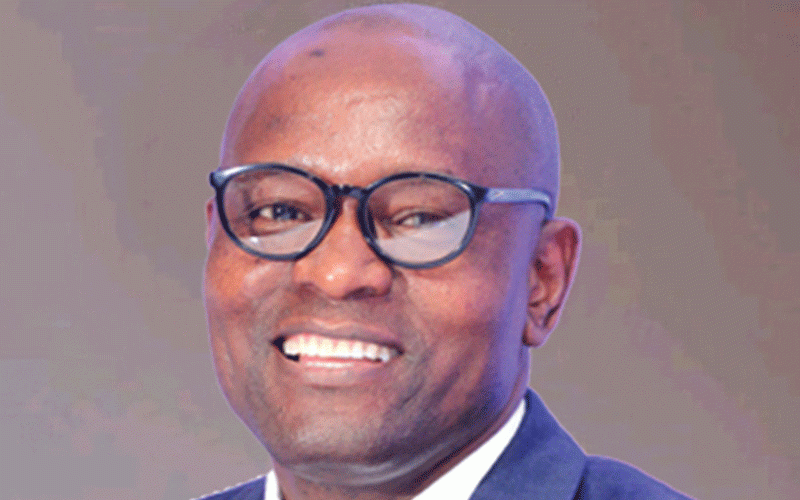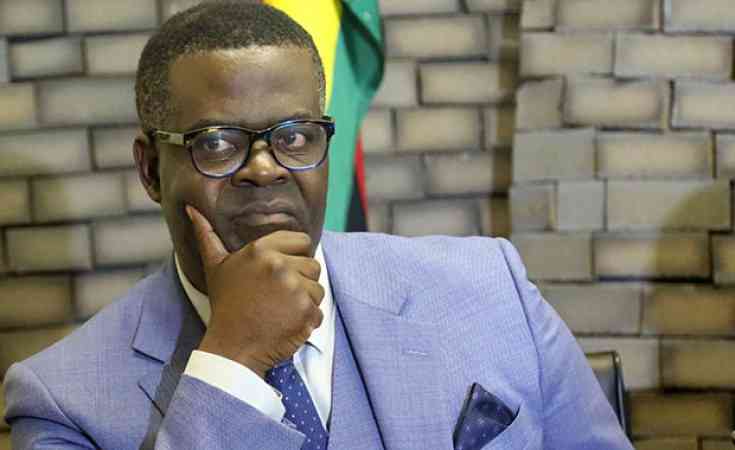
THE ruling Zanu PF party has admitted that it has failed women in terms of ensuring gender parity in politics, 42 years after independence.
Speaking at a multi-party gender conference on women political participation last week, Zanu PF party deputy secretary for legal affairs, Fortune Chasi said women should be acknowledged in politics and in all decision-making processes.
“After Independence, we have not done enough to acknowledge women’s roles during the liberation struggle. We have also realised that attendances at rallies is mainly made up of women. The irony is that when it comes to occupation of critical positions, it’s mainly men. So that is clearly unjust,” Chasi said.
“I also want to say this as a party: if the doors are being closed, the women must force them open. Women play a critical role in families. The issue of gender equality should not be for women alone. We must be in a position to give way to women knowing that they are superior, but do not occupy positions. This applies in government positions and corporate environments.”
Women Affairs, Community, Small and Medium Enterprises Development minister Sithembiso Nyoni said: “Looking at ministers of State, President Emmerson Mnangagwa has made sure that there is 50/50 participation between men and women. Even at State-owned teachers’ colleges, there are 57% females. Other parastatals are also 50/50. We are not doing very badly, so let’s keep pushing.”
However, Zimbabwe Gender Commission chairperson Margaret Mukahanana-Sangarwe said there was low representation of women in politics.
“It is worrying to note that statistics from the 2018 harmonised elections reveal regressing low women representation with 48% in Senate, 31,5% in the National Assembly (85 women, 60 of them being under the quota making it effectively 11,9% against 185 male MPs) and a mere 13,3% in local government.
“The March 26, 2022 by-election results further reinforce the position that men are the main actors in electoral processes. Out of the 28 parliamentary seats contested, only five women won at local government level. Only 19 females were elected as councillors against 103 elected male counterparts,” Mukahanana-Sangarwe said.
- Lawyer Mthombeni to grace hip-hop session
- Lawyer Mthombeni to grace hip-hop session
- Chasi returns to private law practice
- Chasi returns to private law practice
Keep Reading
United Nations women country representative Fatou Aminata Lo said Zimbabwe was among 136 countries that were failing to achieve 50% gender representation.
“Only 21% of government ministers globally are women, with only 14 countries having achieved 50% or more women in Cabinet posts. At the current rate, it will take another 50 years to achieve gender parity in ministerial positions. This low political representation of women remains a significant setback to the achievement of democracy and a failure to adhere to international and regional normative standards on gender equality,” Aminata Lo said.
“The challenge the world over, including in Zimbabwe, is to overcome these barriers so that women can equally participate in public leadership and decision making and make gender equality a reality.”

